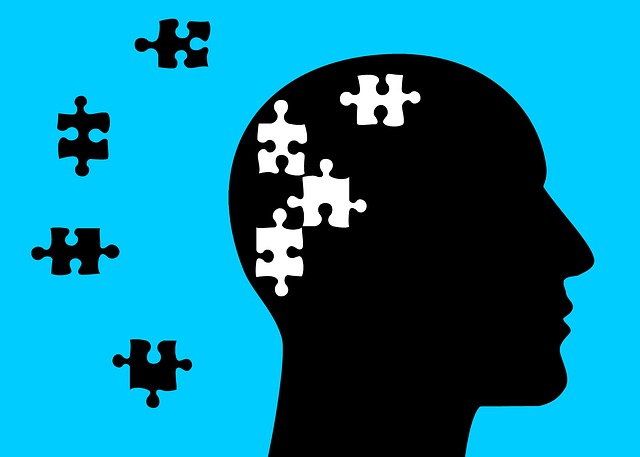Sobering statistics have pointed to the fact that 75% of all suicides committed in the Western world are by men, as cited in an article by Forbes. Even with these numbers, we have yet to talk about mental health and what effect it has on men.
Despite the strong man culture around the world, there is no doubt that men are undergoing mental struggles, from increasing financial obligations to pressure to deliver in family and work settings and other areas of life.
The good news is, there are a number of ways available to keep our mental energy up through holistic practices.
Holistic practices for mental health are recommended as they give us simple and sustainable solutions that not only help our mental health but our general well being.
It is important that mental health issues in men are addressed without being viewed as a weakness.
Men Suffering Silently
Men have been the least vocal when it comes to their mental health. This can be directly linked to societal expectations and the traditional gender roles they are expected to live up to.
These two factors have perpetuated the idea that masculinity equates to strength, dominance, and control, and that to lack these qualities is a sign of weakness.
This is why you will find men less likely to talk about what bothers them or even acknowledge that they are struggling. You will also note that men link their masculinity to testosterone and use this to size up other men as well.
For this reason, any condition that causes low testosterone may lower their self-confidence and cause self-esteem issues that will negatively affect men’s mental well being.
These are just token examples of what men have to cope with constantly and are not conclusive of all the other strains men bear on their own each day. The question now is, what is the solution?
Reshape The Narrative
The most important step in addressing the mental health crises affecting men is to acknowledge that it’s there. For as long as we don’t acknowledge that men are struggling, it will be impossible to look for solutions. Where do we start?
We must begin by changing the perspective that men acknowledging their mental struggle is a weakness or vulnerability, and include it as an important part of masculinity.
For these conversations to be possible, we will need to curate safe spaces in the community where men can sit and speak truthfully about the issues that affect them.
Spaces like this will reduce the isolation that leads to depression by letting men know that they are not alone in their struggles.
Stay Active
We often overlook the link that exists between physical and mental health. One of the reasons why we find ourselves sliding into anxiety and depression is that we are too caught up in our thoughts.
A good way to alter this habit is to set aside time for a physical activity that will take us ‘out of our heads’ so to speak. This should not be excessively difficult or intimidating, but something simple and slightly challenging that we can work towards achieving.
One of the greatest challenges, when faced with depression, is defeating the belief that we are not good enough. The best way to do this is to work in increments: challenge yourself to 10 min of exercise every day and increase it slowly according to how you feel.
Practise Mindfulness
One of the easiest as well as most overlooked ways we can take care of our mental health and mindfulness is one of the most powerful tools that can achieve this.
Mindfulness is a traditional Eastern practice that has become extremely popular in the West after studies showed the impact that just 15 minutes of mindfulness can have on your brain.
Mindfulness is essentially the practice of bringing full awareness to the present moment. This is usually best accomplished by taking deep breaths consciously as you keep your concentration rooted in the present moment.
The reason this practice is beneficial for your mental health is that it lets you take a slight step back from concerns and worries that tend to be rooted in past events or future occurrences and just appreciate the present moment.
Additionally, it allows us to take a step back from our own problems and view them objectively upon which we realize they are not as bad as we made them out to be.






